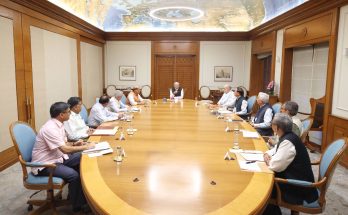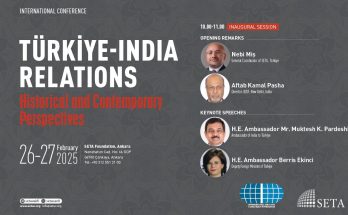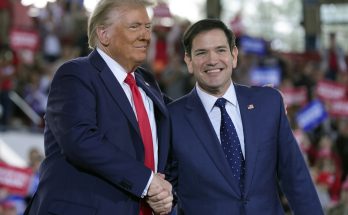After days of speculation about a civil nuclear deal between the US and Pakistan on the same lines as the one with India, the US has indicated that such an arrangement is “unlikely to come to fruition” during Pakistan Prime Minister Nawaz Sharif’s visit to Washington next week.
Stating the position of the US on a probable deal, White House Press Secretary Josh Earnest said, “I would not be overly excited about the prospects of reaching the kind of agreement that is being speculated about publicly,” he said when asked if the US is in fact serious about trying to work out a civilian nuclear deal with Pakistan.” “The expectation that we have is that a deal like the one that’s been discussed publicly is not something that’s likely to come to fruition next week,” added Mr Earnest.
With Mr Sharif scheduled to meet President Obama, reports of the US considering a civil nuclear deal with Pakistan were doing the rounds in US, Pakistan and India. It was also speculated that the Obama administration is exploring a deal to limit the scope of Pakistan’s nuclear arsenal. While the US may have contemplated such a deal, Pakistan was not ready to curb its nuclear arsenal which it regards as the only form of defence against India.
According to a report in the New York Times, “Pakistani officials have demanded an India-like nuclear deal that splits India’s nuclear infrastructure into a civilian programme that is under international inspection, and a military programme that is not. That does not appear to be on the table,” it said. “Instead, the United States is exploring ways to relax restrictions on nuclear-related technology to Pakistan, perhaps with a long-term goal of allowing the country to join the NSG,” it added.
India, which has been opposed to any nuclear deal between the US and Pakistan, voices its displeasure, saying Islamabad’s track record should be taken into consideration before reaching any agreement with Pakistan. “All I would say is whosoever is examining that particular dossier should be well aware of Pakistan’s track record in the area of proliferation,” External Affairs Ministry spokesperson Vikas Swarup Swarup had said.
The India-US civil nuclear deal, which was struck in 2005 and signed in 2009, has transformed the relations between the hitherto estranged democracies into engaged democracies. The deal was offered to India, despite not being a member of the NPT, on account of its impeccable non-proliferation record. In contrast, Pakistan’s dubious proliferation record and the ever present danger of its atomic weapons failing into the hands of terrorists would militate against such a deal being offered to Islamabad. The nuclear deal with Pakistan, if it were to materialize, is expected to cloud relations between India and the US.
Author Profile
- India Writes Network (www.indiawrites.org) is an emerging think tank and a media-publishing company focused on international affairs & the India Story. Centre for Global India Insights is the research arm of India Writes Network. To subscribe to India and the World, write to editor@indiawrites.org. A venture of TGII Media Private Limited, a leading media, publishing and consultancy company, IWN has carved a niche for balanced and exhaustive reporting and analysis of international affairs. Eminent personalities, politicians, diplomats, authors, strategy gurus and news-makers have contributed to India Writes Network, as also “India and the World,” a magazine focused on global affairs.
Latest entries
 India and the WorldApril 30, 2025Pahalgam terror attack: Modi provides armed forces full freedom to act
India and the WorldApril 30, 2025Pahalgam terror attack: Modi provides armed forces full freedom to act India and the WorldApril 23, 2025Kashmir terror: India hits back at Pakistan, highlights cross-border linkages
India and the WorldApril 23, 2025Kashmir terror: India hits back at Pakistan, highlights cross-border linkages India and the WorldApril 23, 2025The Century of America and India: Growing Together
India and the WorldApril 23, 2025The Century of America and India: Growing Together In ConversationApril 20, 2025India Can Contribute Largely to Development of Morocco’s Defence Industry: Ambassador
In ConversationApril 20, 2025India Can Contribute Largely to Development of Morocco’s Defence Industry: Ambassador








